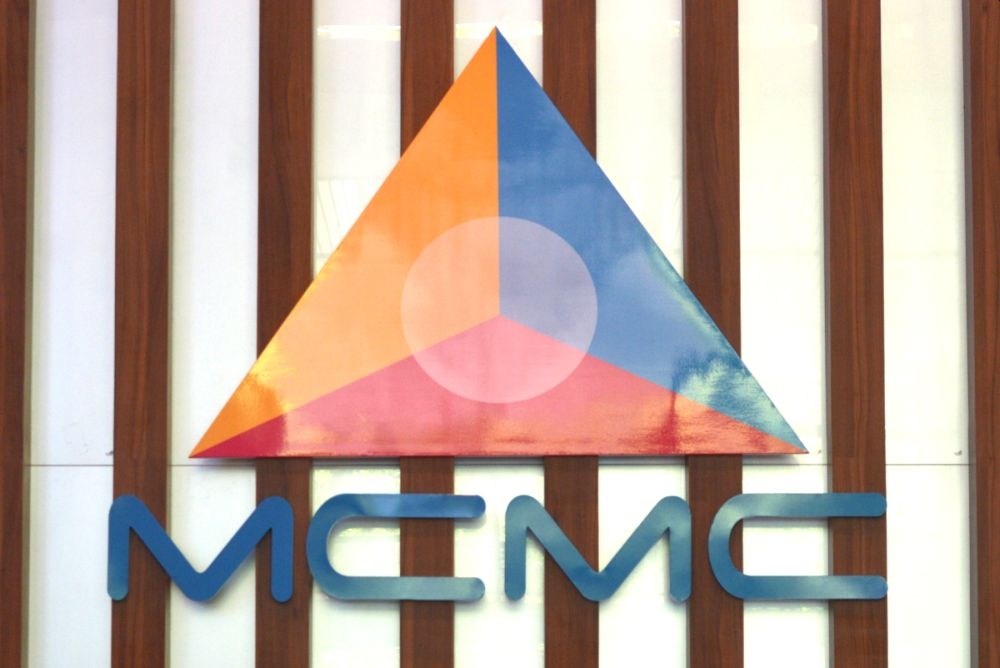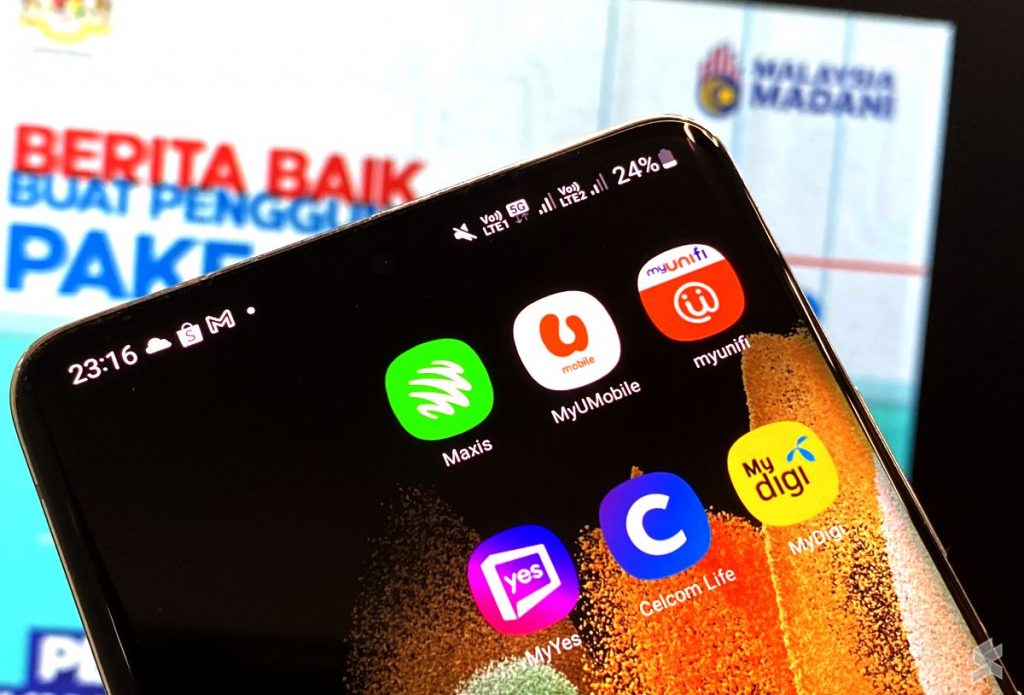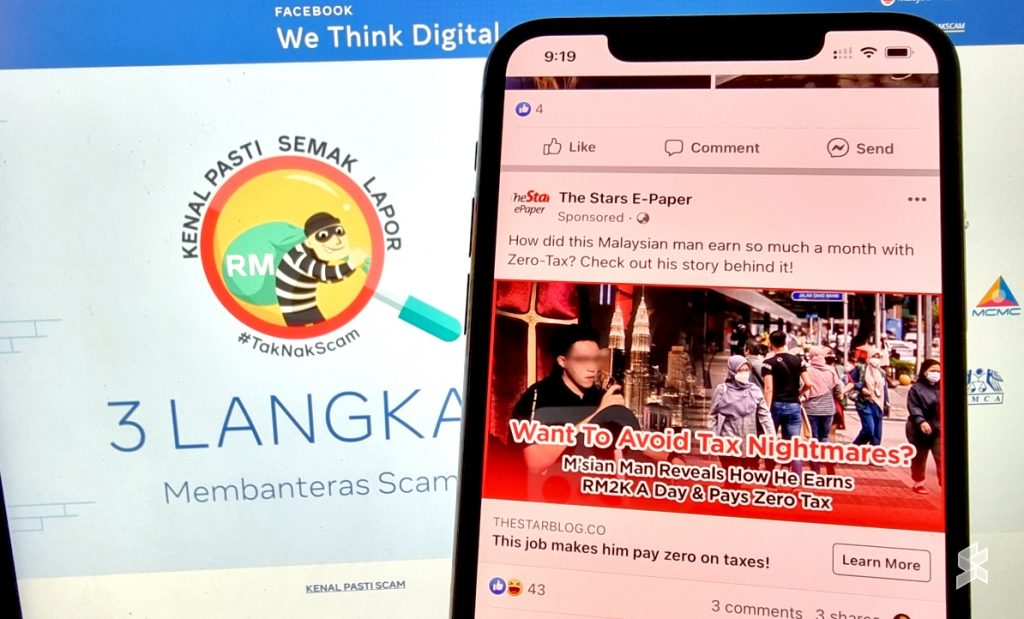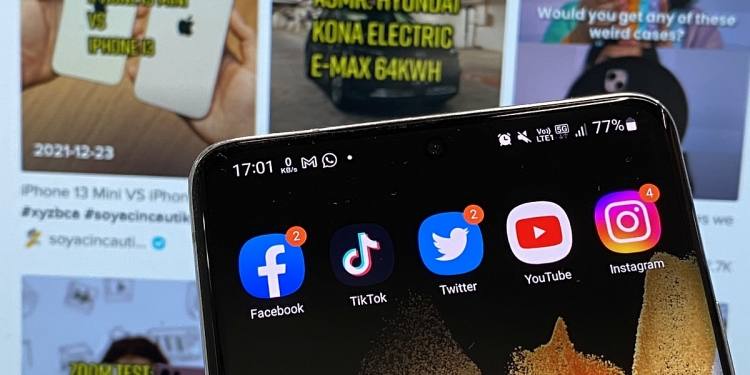The Malaysian Communications and Multimedia Commission (MCMC) has issued a statement this morning reminding internet service provides about its obligations and duties under Section 263 of the Communications and Multimedia Act 1998 (CMA 1998). Highlighting the concerns of online harms including fake news, scams, phishing, gambling and content citing racial or religious discontent, the regulator wants telcos to come out with an action plan to address content-related issues and plans to enhance their capabilities to combat online harms.
MCMC expects telcos to make every effort to prevent criminal conduct on its platform

MCMC highlighted that the CMA 1998 requires all internet service provides to use their best endeavours to prevent services that they provide from being used to commit any offence. Telcos are also required to carry out any request or instructions from the MCMC in preventing the commission or attempted commission of an offence under any written law in Malaysia.
The statement added that the organisation as well as its directors, chief officers or individuals who effectively control the company may face charges if they knowingly facilitate criminal activities after being informed of such crimes being committed. It says that the provision is intended to prevent the abuse of internet platforms for illegal purposes.
The statement also said ISPs are expected to make every effort to prevent criminal conduct on their platforms and promptly remove any online harms, considering the number of complaints related to the abuse of network.
Are telcos soon required to conduct self-censorship?

From the looks of it, MCMC wants to make ISPs or telcos responsible and accountable for content that’s accessed by its users. Although not mentioned, it seems that they want telcos to monitor and take proactive action to prevent users from accessing harmful content. At the moment, all ISPs are regulated by the MCMC and they must adhere to any instructions to block access to certain websites which the MCMC deemed to be offensive or inappropriate.
From what we can tell, telcos in Malaysia do not block access to websites unless it is instructed by the MCMC. In 2018, the MCMC had ordered all telcos to block access to MalaysiaKini’s GE14 election pages which included undi.info. Other previous websites and platforms blocked by the MCMC included Sarawak Report, Medium and even gaming platform Steam.
With the latest statement from the MCMC, it raises concerns about the internet freedom in Malaysia. Are telcos now required to conduct self-censorship of content? Are content monitoring teams required for both fixed and mobile broadband providers?
For example, if telcos are aware that its users have fallen victim to scams or have been receiving offensive content on Facebook, WhatsApp and Instagram, are they now required to block access to these Meta platforms? Are telcos allowed to block sites on their own accord if it truly believes that the action will help to protect users from harm?
Can telcos ban any websites that could be perceived as offensive? What happens if a user uses a VPN service to access a harmful website, will the telcos be held responsible as well?
Malaysia lacks effective policies to tackle inappropriate content and scams on platforms hosted overseas

As highlighted by the MCMC previously, Malaysia lacks the necessary policies and framework to regulate content platforms hosted overseas. After failing to tackle Facebook scam ads, impersonation and inappropriate content, the MCMC said it will take legal action against Meta as there’s an increasing public concern about scams and Meta’s response has been unsatisfactory.
Between January to May 2023, Malaysians have lost about RM330 million to scams on Facebook, Instagram and WhatsApp, and this marks a 25% increase from January to December 2022. Despite the alarming situation, Communications and Digital Minister said Malaysia has no plans yet to draft laws to hold social media platforms accountable.
While Australia has drafted a new law aimed at addressing the spread of misinformation and fake news on social media platforms, Fahmi said Malaysia will continue to take a consistent and proactive engagement approach with the relevant social media platforms.
As highlighted repeatedly, Meta behaves in a manner where it prioritise revenues over user safety. Most of the scam ads on its platform can be avoided if it conduct basic checks on new advertisers but most of these scam ads continue to be approved automatically.
Instead of improving checks and setting up a local moderation team in Malaysia, Meta wants to charge users RM60/month for the blue verification badge and better support to combat impersonation. Without strict regulations and policies, there’s very little motivation for Meta to prioritise online safety of Malaysians.
Ultimately, who should be responsible for content? Is it the social and digital platforms or the internet service providers?
[ SOURCE ]








